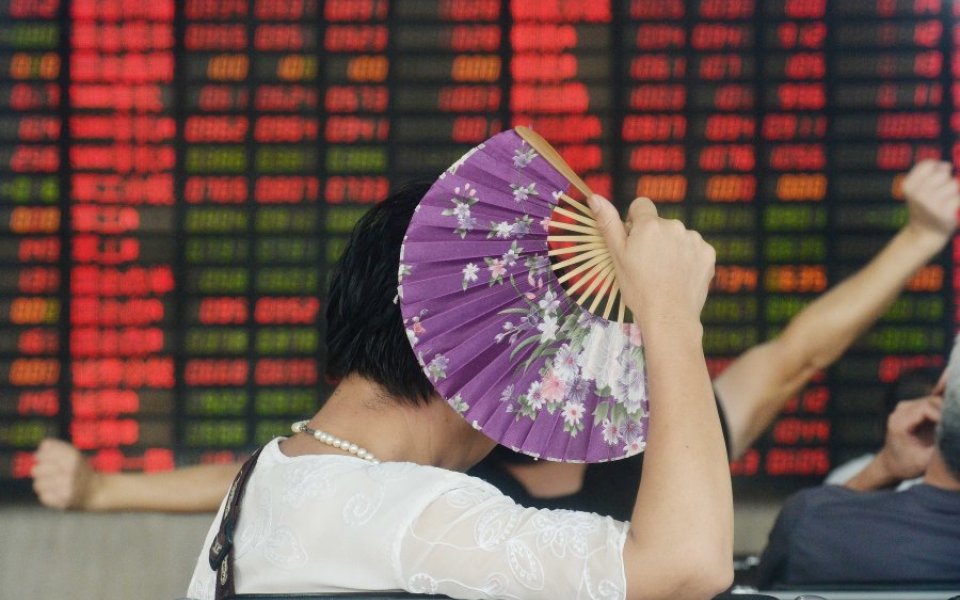Emerging market slowdown wipes £79bn off the value of Britain’s biggest firms

One day after Standard Chartered’s “disappointing” third-quarter results sent the Asia-focused bank’s share price down nearly 10 per cent during trading, City A.M. analysis reveals that the slowdown in China and other emerging markets has wiped off around £79bn from some of Britain’s biggest businesses.
Eight blue-chip companies have seen their combined market cap plummet by £78.7bn since mid-June, when Chinese stocks reached record highs before nosediving to unanticipated lows that ultimately sent shockwaves throughout the global equity markets.
Standard Chartered’s share price is down 37.6 per cent since 12 June, compared with a 17 per cent drop for HSBC, another UK-based lender with heavy exposure to China.
Miners have been the hardest hit, as Chinese demand for metals has crashed. Glencore has lost more than £20bn of its value and the likes of Anglo American, BHP Billiton and Antofagasta have seen their share prices slip 43.9 per cent, 20.8 per cent and 25.8 per cent, respectively.
Burberry, the FTSE 100 luxury fashion brand, saw shares fall 11 per cent last month when it announced that it had missed sales growth forecasts off the back of a sharp sales slowdown in Hong Kong and China. Burberry has lost £1.45bn of its value since mid-June.
Meanwhile, Aberdeen Asset Management, which bases a large proportion of its investment portfolio in Asia, has staved off rumours that is up for sale despite shares slipping 16.3 per cent since the Chinese sell-off started.
David Stubbs, a global market strategist at JP Morgan, told City A.M. that the emerging markets slowdown is “obviously a very important influence on the FTSE 100”, citing the index’s significant exposure on commodities.
CMC Markets chief market analyst Michael Hewson agrees, saying that the blue-chip index has “lagged considerably” due to its “heavy bias” toward oil, gas and basic resources.
Hewson pointed out that the FTSE 100 has “only rebounded 50 per cent of its value” since hitting a low in August, while its overseas counterparts, such as the Dax in Germany and the S&P 500 in the United States have regained much of their value.
David Buik, a market commentator at Panmure Gordon, told City A.M.: “When you look at the Dax and Cac [in France], they bear no resemblance to what we’re doing in the UK.”
“Mining, energy, banks, have all been useless,” Buik said.
Stubbs, however, said that while commodities have been in a bear market “for a while now”, most of the China slowdown is priced-in.
“We do think this is a supply-driven fall,” Stubbs said. “The commodities are going to be very weak because they are over-supplied.”
However, he added: “We are much closer to the end of these declines than the beginning. The demand side is already in the price.”
Yet Stubbs said that questions remain over the “broader lending cycle that went into emerging markets in the aftermath of the financial crisis”.
“You had quantitative easing in the UK often pushing investors to search for higher returns everywhere,” Stubbs said.
He added that while that “cycle has now come to an end”, investors still “have trouble working out how far [the emerging markets slowdown] is going to go and how long it’s going to be”.